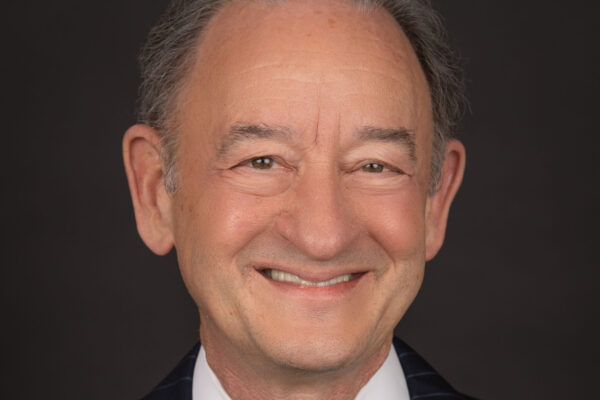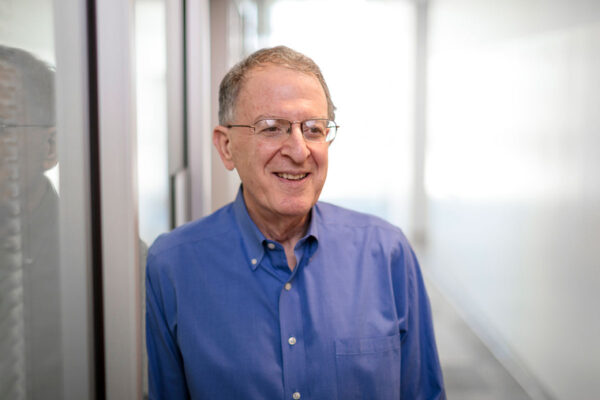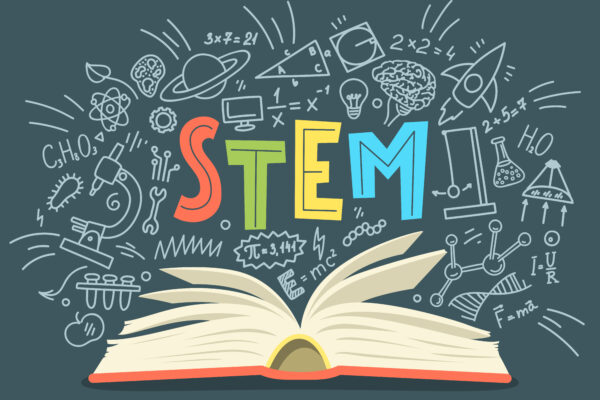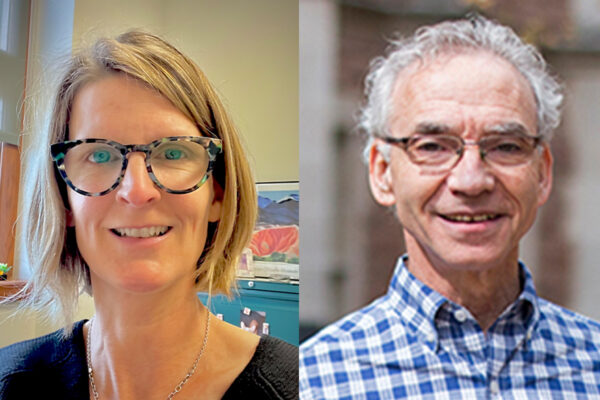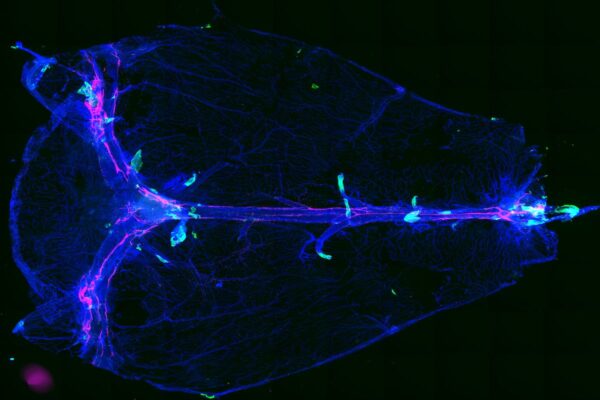CSD research informs Senate proposal
New federal legislation to create a national children’s savings account policy draws heavily on research from the university’s Center for Social Development.
WashU named Fulbright Top Producing Institution
Washington University has once again been named a Fulbright Top Producing Institution for U.S. students. This recognition is given to the U.S. colleges and universities that received the highest number of applicants selected for the 2023-24 Fulbright U.S. Student Program.
WashU awarded up to $20M to create portable device to scan for eye diseases
Chao Zhou, a professor of biomedical engineering in the McKelvey School of Engineering at Washington University in St. Louis, has been awarded an up to $20 million contract from the Advanced Research Projects Agency for Health to improve optical coherence tomography systems that can conduct high-resolution imaging of the eyes.
Wrighton named chair of Science Center board
Mark S. Wrighton, chancellor emeritus and the James and Mary Wertsch Distinguished University Professor, has been appointed chair of the Saint Louis Science Center’s board of commissioners.
Gordon receives Nemmers Prize
Jeffrey I. Gordon, MD, of Washington University School of Medicine in St. Louis, has received the 2024 Mechthild Esser Nemmers Prize in Medical Science from Northwestern University.
University partners with Greater St. Louis Marathon
A tradition for more than two decades, the Greater St. Louis Marathon returns April 27 with a new name, a new course and new pre- and post-run events. The race also has a new partner: Washington University in St. Louis, which is offering employees and students discounted registration fees.
STEM training, apprenticeships increase work satisfaction
Participation in a STEM apprenticeship program increased job happiness, finds a new study from the Brown School at Washington University in St. Louis.
WashU faculty named to psychologist society
Two Washington University professors — Julie Bugg and Leonard Green — have been named fellows of the Society of Experimental Psychologists.
How does waste leave the brain?
School of Medicine scientists have discovered a brain structure that allows fluid waste to leave the brain. The researchers think these structures, and the cells and molecules positioned around them, may help lead to new therapies for neuroinflammatory diseases.
View More Stories



